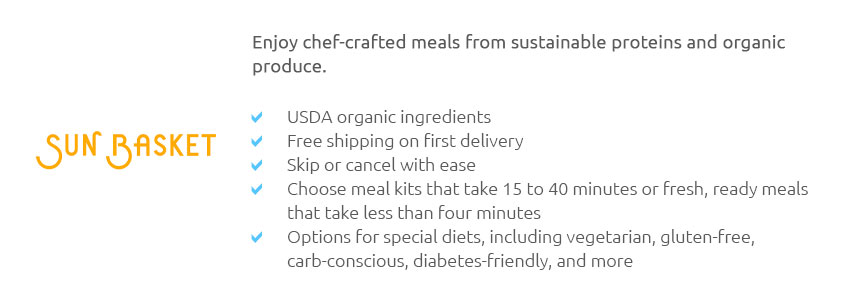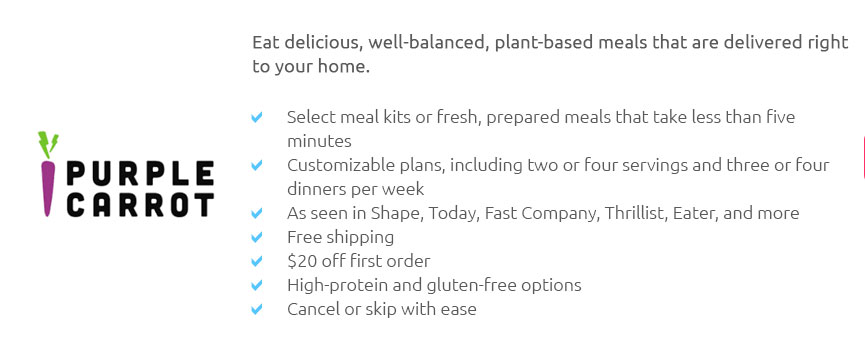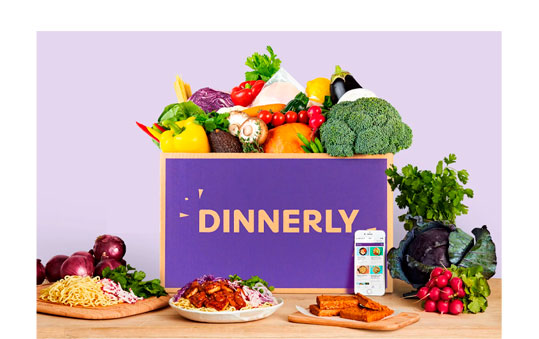 |
 |
 |
|---|
 |
|---|
 |
||||||
|---|---|---|---|---|---|---|
|
||||||
 |
 |
|||||
 |
 |
|||||
 |
 |
|||||
 |
 |
|||||
 |
 |
|||||
 |
 |
|---|
|
cjzp3n54xyv Understanding the Modern Phenomenon of Food Meal DeliveryThe realm of food meal delivery has undergone a remarkable transformation over recent years, evolving from a niche service to a ubiquitous staple of modern life, and as we delve into its complexities, it becomes apparent that this convenience-driven industry is more than just a fleeting trend; it is, in fact, reshaping how we perceive and consume food in contemporary society. At the heart of this evolution lies a myriad of factors, ranging from technological advancements to shifting cultural dynamics, and while the proliferation of smartphones and user-friendly apps has undeniably fueled its rise, one cannot overlook the subtle yet significant impact of changing lifestyles and consumer preferences. In a world where time is often equated with currency, the ability to have a gourmet meal delivered to one's doorstep at the tap of a screen is not merely a luxury, but a necessity, catering to the needs of busy professionals, parents juggling myriad responsibilities, and individuals who simply wish to savor a restaurant-quality dish without the hassle of dining out.
Critics may argue that the reliance on delivery services contributes to a sedentary lifestyle, yet it is crucial to acknowledge that this industry also fosters a sense of community by supporting local businesses and enabling chefs to reach a broader audience than traditional brick-and-mortar establishments might allow. Additionally, the environmental impact of meal delivery is a topic of ongoing debate, with proponents advocating for sustainable practices such as eco-friendly packaging and reduced food waste, thus demonstrating a commitment to minimizing the industry's carbon footprint. In conclusion, while the landscape of food meal delivery continues to evolve, it is clear that its integration into our daily lives is a reflection of broader societal shifts towards convenience, diversity, and personalized experiences; and as long as the industry remains adaptable and forward-thinking, it is poised to remain an integral part of our culinary future. https://www.homechef.com/?srsltid=AfmBOooknIly2GxzxGZa8fkqK08w4-uKDs6W9bFxn6B9qbluIHngxqkK
Home Chef brings pre-portioned ingredients to your door in an insulated box so everything stays fresh and delicious. https://www.bonappetit.com/story/best-meal-delivery-services?srsltid=AfmBOorrcx-rgVX21yusWce8Zf5A4kZTOyYCqh-PaIVgcsssh33kETp-
The 14 Best Meal Delivery Services 2025, Tested by Bon Apptit Editors - Testing Dinner Meal Kits - The best meal kit for variety: Home Chef. https://www.yelp.com/search?find_desc=Meal+Prep&find_loc=Vancouver%2C+WA
Most convenient, affordable, delicious, top quality food delivery service that is out there. Meals are healthy well balanced and don't disappoint. Rachel ...
|
|---|


